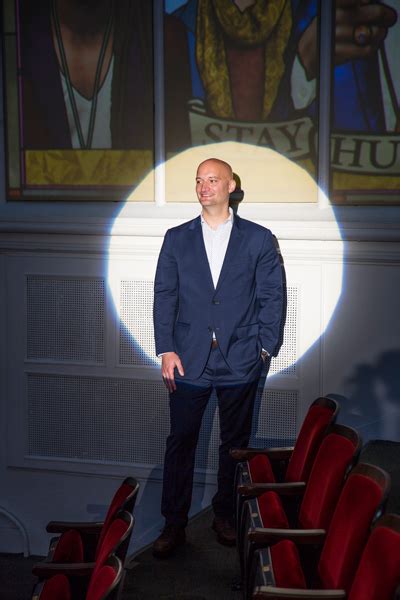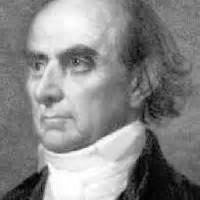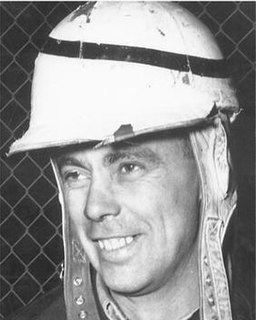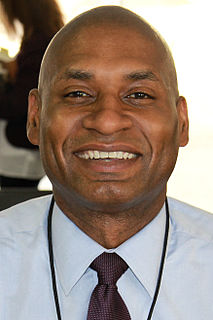A Quote by Arthur Alfred Lynch
If a man has directed his course to great ends there is compensation even in ruin.
Related Quotes
The idea of beauty which man creates for himself imprints itself on his whole attire, crumples or stiffens his dress, rounds off or squares his gesture, and in the long run even ends by subtly penetrating the very features of his face. Man ends by looking like his ideal self. These engravings can be translated either into beauty or ugliness; in one direction, they become caricatures, in the other, antique statues.
A man's character is like his house. If he tears boards off his house and burns them to keep himself warm and comfortable, his house soon becomes a ruin. If he tells lies to be able to do the things he shouldn't do but wants to, his character will soon become a ruin. A man with a ruined character is a shame on the face of the earth.
Art may not have the power to change the course of history, but it can provide a perspective on historical events that needs to be heard, even if it's seldom heeded. After all the temporary influences that once directed the course of history have vanished, great art survives and continues to speak to each generation.
The rational herdsman concludes that the only sensible course for him to pursue is to add another animal to his herd. And another; and another . . . But this is the conclusion reached by each and every rational herdsman sharing a commons. Therein is the tragedy. Each man is locked into a system that compels him to increase his herd without limit — in a world that is limited. Ruin is the destination toward which all men rush, each pursuing his own best interest in a society that believes in the freedom of the commons. Freedom in a commons brings ruin to all.
When a lion stalks a herd, he sneaks in close, lies down, and surveys them to choose his victim. He takes his time. The deer or buffalo have no idea he’s near. He finds his prey and then he explodes from his hiding place and grabs it. Even if another, perfectly serviceable animal ends up within his reach, he isn’t going to alter his course. He has chosen, and he would rather go hungry than change his mind.
The aim of the laborer should be, not to get his living, to get "a good job," but to perform well a certain work; and, even in a pecuniary sense, it would be economy for a town to pay its laborers so well that they would not feel that they were working for low ends, as for a livelihood merely, but for scientific, or even moral ends. Do not hire a man who does your work for money, but him who does it for love of it.
Love, like the opening of the heavens to the Saints, shows for a moment, even to the dullest man, the possibilities of the human race. He has faith, hope, and charity for another being, perhaps but a creation of his imagination: still it is a great advance for a man to be profoundly loving even in his imaginations.
Modern anthropology ... opposes the utilitarian assumption that the primitive chants as he sows seed because he believes that otherwise it will not grow, the assumption that his economic goal is primary, and his other activities are instrumental to it. The planting and the cultivating are no less important than the finished product. Life is not conceived as a linear progression directed to, and justified by, the achievement of a series of goals; it is a cycle in which ends cannot be isolated, one which cannot be dissected into a series of ends and means.
Man ever talks, and Man ever dreams Of better days that are yet to be, After glittering goal, that distant gleams, Running and racing untiringly. The worldly may grow old and young as it will, But the Hope of man is Improvement still. Hope bears him into life in her arms, She flutters around the boy's young bloom, The soul of youth with her magic warms, Nor rests with age in the silent tomb; For ends man his weary course at the grave, There plants he Hope o'er his ashes to wave.



































